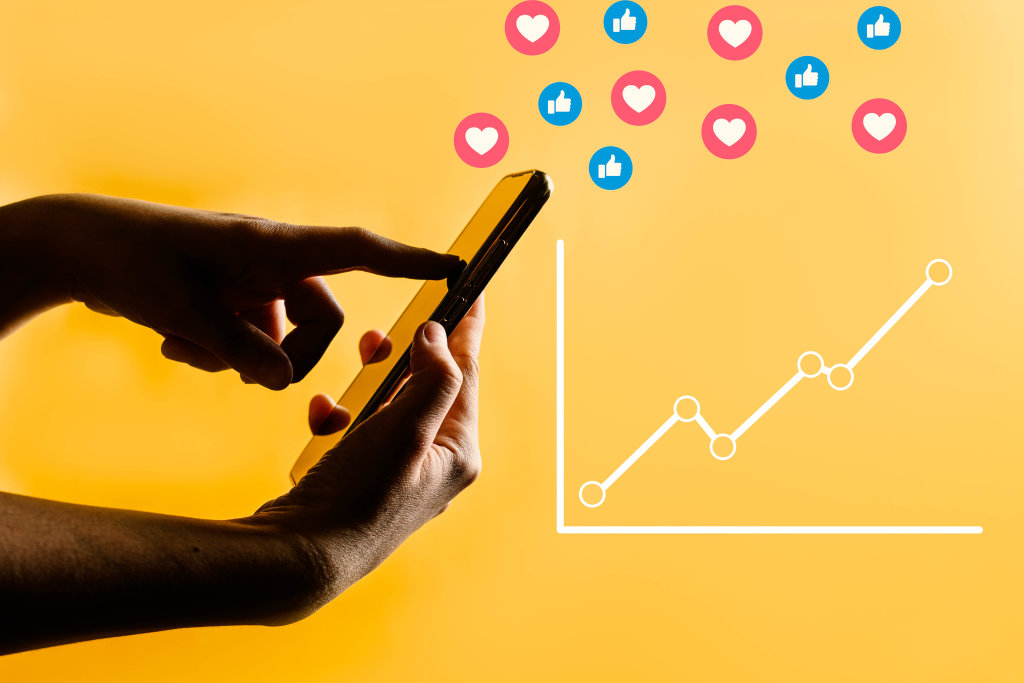*The opinions expressed within the content are solely the author’s and do not reflect the website’s or its affiliates’ opinions and beliefs.”
In the modern society that we live in today, social media plays a significant role in our daily lives. We rely heavily on our electronics for education, entertainment, keeping in touch with families and friends, or to doordash something at 3 a.m. In other words, social media is fun and practical when used correctly; when not, the consequences could be dire.
According to Edutopia, teachers all around the globe are facing one universal problem: severe plagiarism. Most cases happen not during an exam or school hours but outside and in homework assignments. Many online resources are designed to help us, but many more are pirated for desperate students struggling to meet deadlines. Schools have procured consequences that limit plagiarism, but these limits never successfully eliminated it. Influencer Amber Wardell wrote in Medium how plagiarism devastated him when his videos from both Instagram and TikTok were re-uploaded without crediting him as their source. This is now a problem that affects not only him but also many other content creators across the globe.
Too much time on social media: the impacts of social media on your mental health. According to UC Davis, social media use may very likely increase feelings of anxiety and depression, specifically in teens and young adults. In 2024, the average minutes spent online was more than two hours. 89% of these people indicated that social media has negatively impacted their mental health, and 77% of the respondents indicated that social media has negatively affected their physical health, as stated by YaleMedicine.
Too much screen time can also cause cyberbullying, according to Pew Research Center: Cyberbullying 2022. In 2020, 44% of all internet users in the U.S. said that they have experienced online harassment at least once, and others, such as older teenage girls, are especially vulnerable to cyberbullying because of their physical appearance. Moreover, some are targeted by their race or ethnicity, leading to long periods of sadness, loss of appetite and sleep, or even depression. Many of these cases continue without being absolved because of FOMO or the Fear Of Missing Out.
True, electronic devices can be helpful in other cases, such as emergencies, keeping in touch with family members, and just generally being connected to others. However, more than 10% of people in the U.S. abuse this power and are addicted to social media for all the wrong reasons, according to Emily from the College of Arts and Sciences. This leads to cyberbullying, overuse of social media and plagiarism.
Ultimately, as social media continues to evolve and become more prevalent in everyday life, anxiety and loneliness will also increase accordingly. Only when used correctly will our well-being and mental health be relatively untouched, and understanding how is the key to healthy usage of electronic devices.










